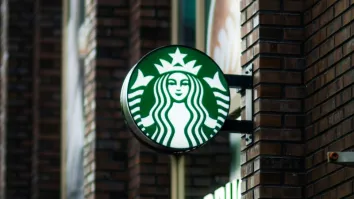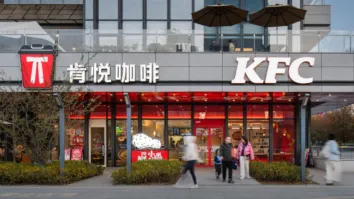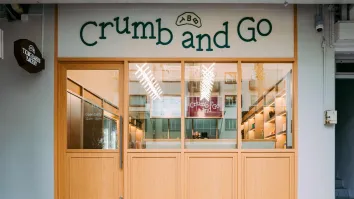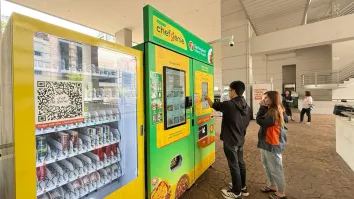
South Korean restaurants feel the pinch of surging delivery costs
Higher demand for food delivery workers has ramped up the cost of labour in the industry.
The rapid growth of South Korea’s food delivery market during the COVID-19 pandemic has inadvertently caused a sharp rise in delivery fees, leaving small business owners and consumers struggling to cope with the added costs, Korea Bizwire reported.
According to a government-issued report, the number of domestic delivery workers in South Korea has doubled in just three years, reaching 237,100 in the first half of 2022.
Amidst surging demand for food delivery services, delivery companies have been grappling with the challenge of securing enough delivery workers to meet the demand, compelling them to offer increasingly attractive pay packages. The higher cost of labour has been passed on to consumers through higher delivery fees.
Companies such as Baemin and Coupang Eats paid delivery workers an additional delivery fee of $1.54 (KRW2,000) to $1.92 (KRW2,500) per delivery in 2021 in order to secure their services. Some also offered prizes such as camping cars or pure gold.
Popular delivery apps such as Baedal Minjok and Coupang Eats said they have had to raise their brokerage and delivery fees in response to rising labour costs.
Consumers are paying almost the same amount for delivery as they are for their food, with the average delivery tip based on the maximum distance being $3.84 (KRW5,000) in February. The average amount for Baemin delivery tips was higher at $4.46 (KRW5,810).























